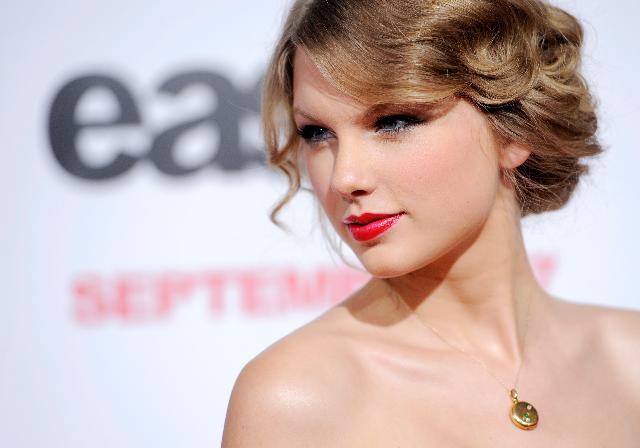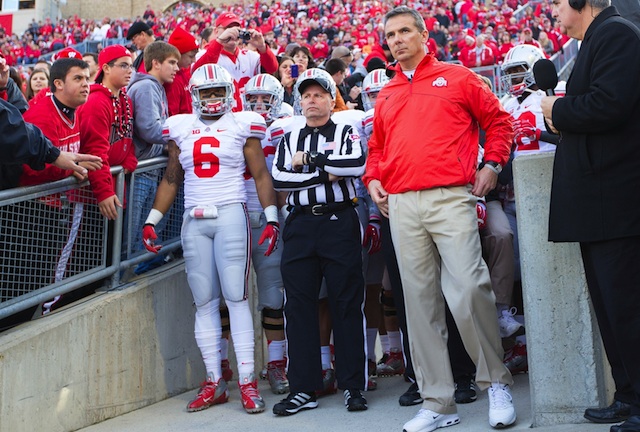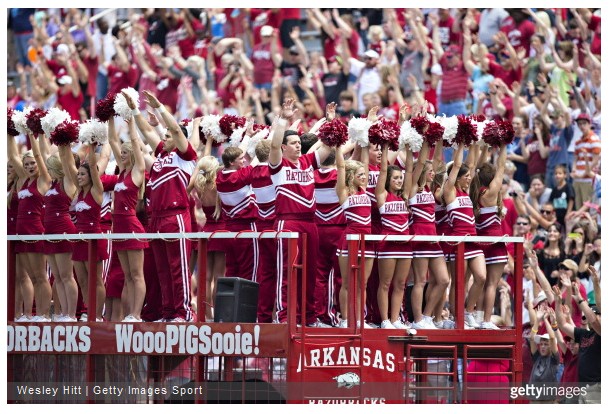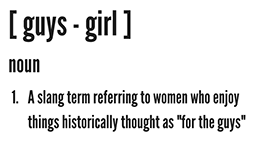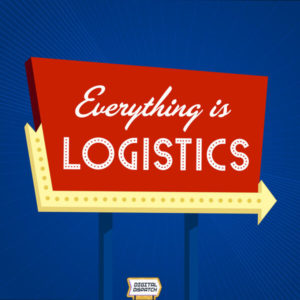In a not so surprising turn of events, Apple’s newest announcement of its newest Apple feature — Apple Play — has been shrouded in drama since its inception.
Apple began to proudly boast about their long overdue answer to competing with Spotify’s streaming services. We all shared a collective sigh of relief and, for a moment, got excited at the prospect of even more ways to stream more music.
But as with any situation, when you begin to mix the art of music with the cold, hard world of business, lines begin to blur. As labels and artists alike began to question what their own compensation would look like, the mess began to form. Apple Music promised a 90-day trial period, where users could use this feature for free and no plan to compensate artist with their royalties for three whole months.
Naturally, Apple reaped in the backlash, almost immediately. Small indie labels, independent singer-songwriters, and budding producers came against this ruling with intensity.
But it wasn’t just the little guys (and girls). They were joined by a very passionate Taylor Swift who penned an open letter to Apple CEO Tim Cook and took the company to the cleaners:
“I’m sure you are aware that Apple Music will be offering a free three-month trial to anyone who signs up for the service. I’m not sure you know that Apple Music will not be paying writers, producers, or artists for those three months. I find it to be shocking, disappointing, and completely unlike this historically progressive and generous company.”
Furthermore, Swift went to the bat for fresh young faces in music. In her letter, she made mention of the fact she simply does not need the royalties that would be paid out to stream her highly coveted 1989 album. Personally, this impressed me. I see an insanely successful woman who provides for her band and crew, yet still takes up for the little guy. Her integrity in the situation shone through and produced results. Time Magazine writer Tim Barajin stated in his own take on the debacle: “So in one of the most amazing changes of direction I’ve seen in my 35 years of watching Apple, Swift’s letter — and the public show of support it drummed up — got Apple to change its mind.”
Her letter altered the release, but Swift actually came out the hero on both sides — the fans and Apple.
With Apple’s change of heart, organizations such as Beggars Music Group (think Jack White and Adele), in addition to the scores of unknown indie artists and producers, decided to give Apple Music a shot. And we cannot forget that as of June 30 we’ve been streaming Swift’s fabulous 1989 album all day long, singing along to Blank Space whenever we want, wherever we want.
Apple received a major publicity push. Apple Music hadn’t yet spread like wildfire, but with Swift (and her social media army) at the helm, everyone and their mother now knew about the new streaming service.
That’s what’s so genius about the whole thing and what companies can learn from this — whether they’re as large as Apple, or whether they’re a fledgling company trying to get their foot in the door.
With her endorsement of the product, millions more will give Apple Music a fighting chance against Spotify and Google Play. Apple Music already had the edge with much more resources at its disposal from its parent company at time of launch, not to mention the right to Swift’s latest platinum best seller, something Spotify was missing.
But Apple Music also got out ahead of a potential first misstep. Storm clouds were brewing, but hours after Swift’s letter came out, Apple announced they’d be paying artists some sort of compensation during the three-month trial period. Thanks to Swift, Apple was able to turn heel and shout through the megaphone: “We’re going to pay independent artists! Just give us a chance!”
In a matter of hours, Taylor Swift went from Apple’s biggest enemy to their loudest spokeswoman, all because of a simple letter and Apple’s decision to change their mind.

